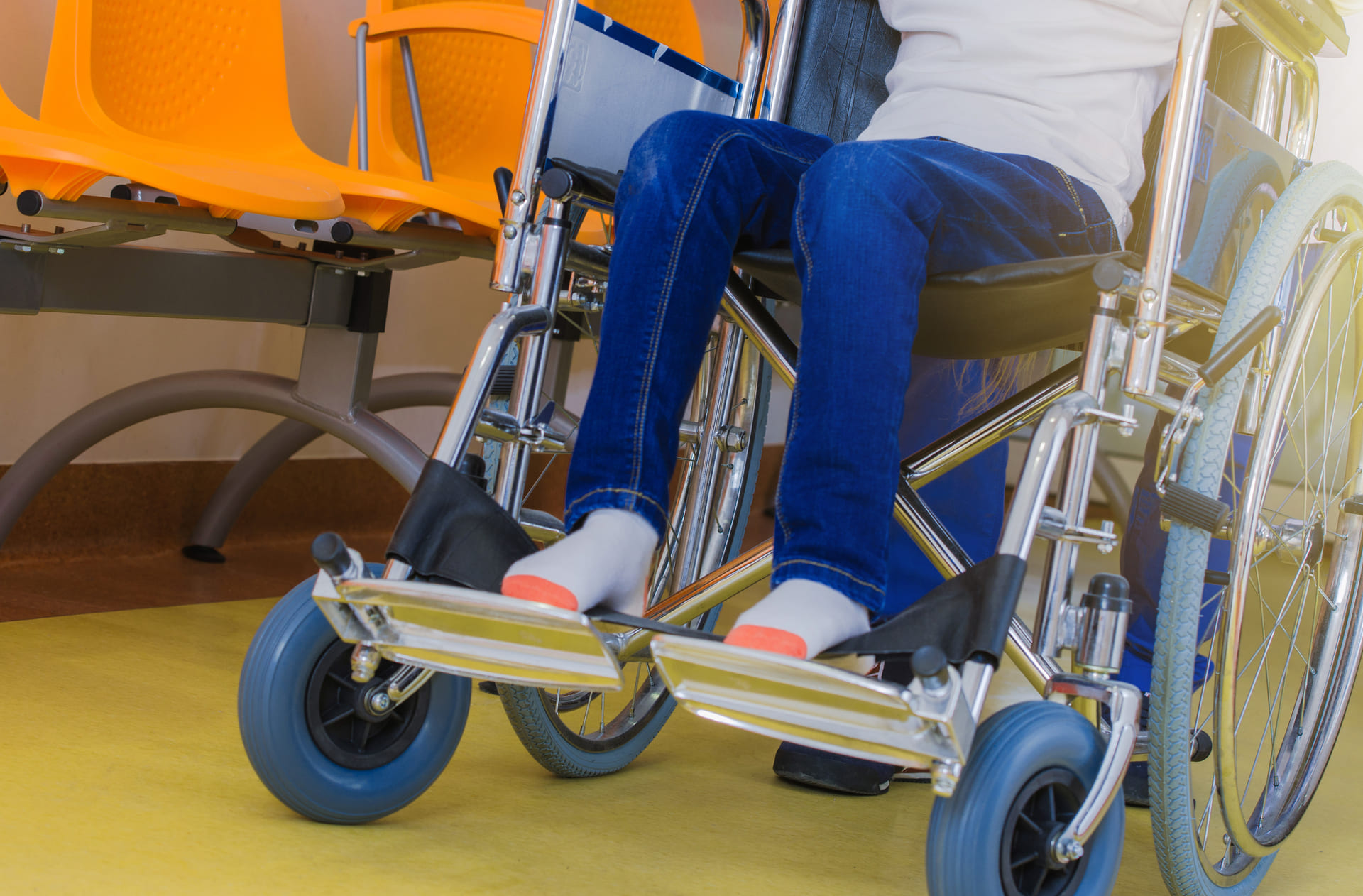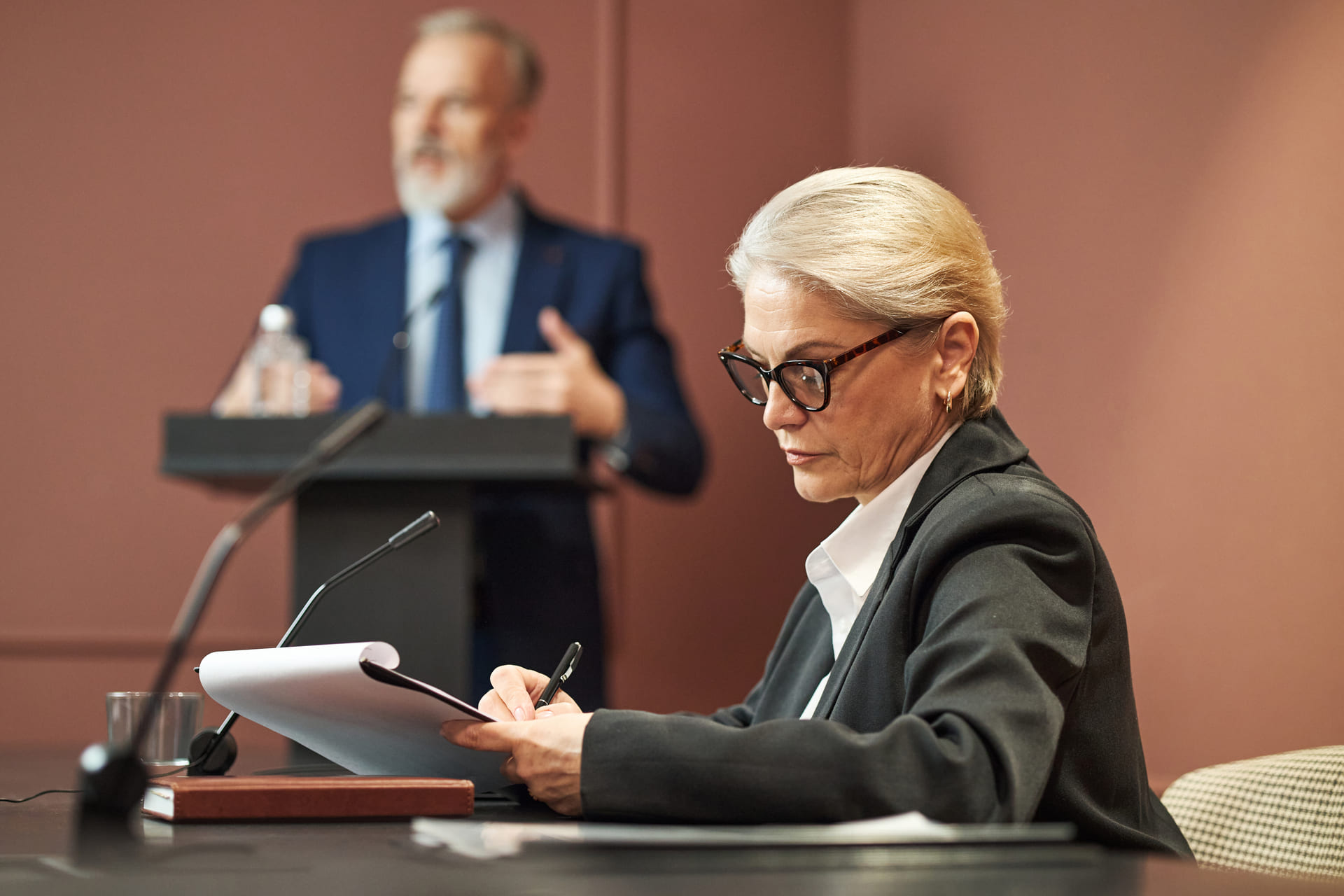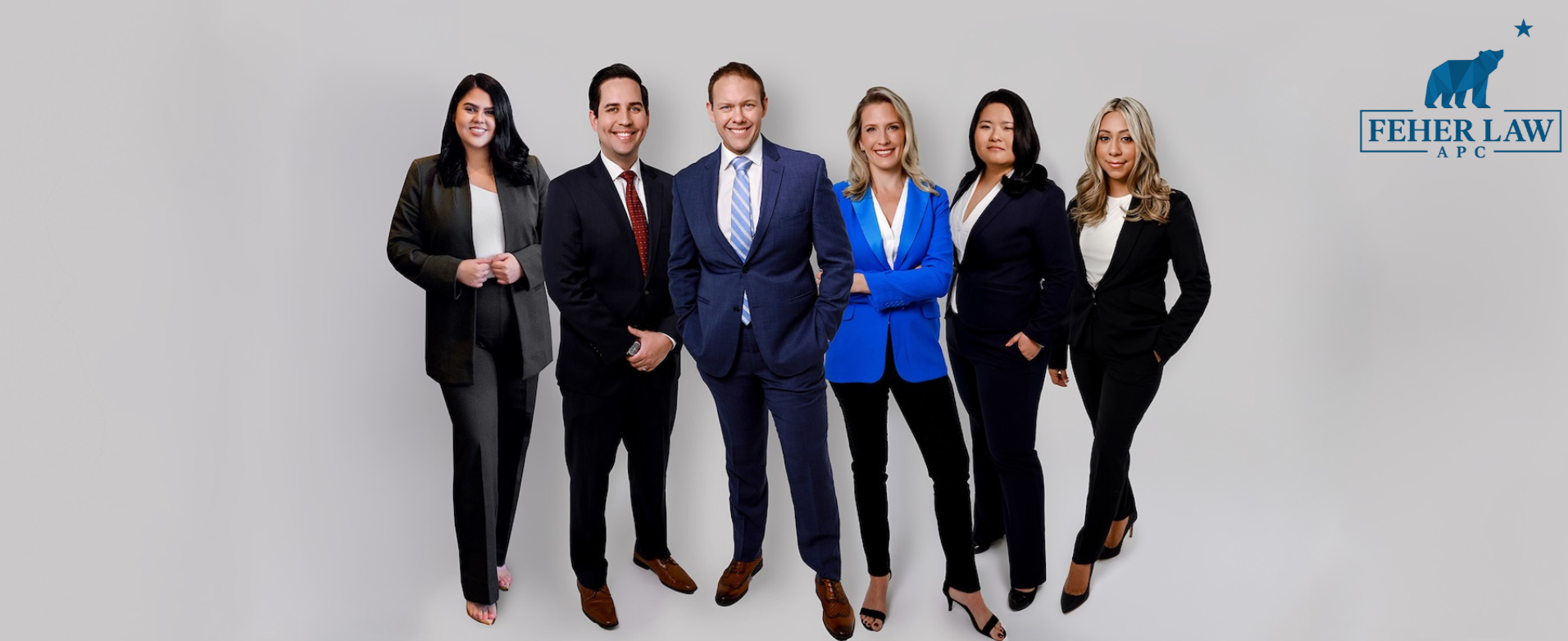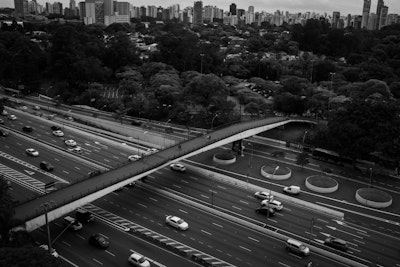Loss of Enjoyment of Life Lawsuit in California

At Feher Law, we represent clients in loss of enjoyment of life lawsuits in California, helping them pursue compensation when serious injuries limit their ability to enjoy the activities that once brought happiness and fulfillment. California law recognizes this loss as part of non-economic damages, allowing you to seek financial recovery for a diminished quality of life..
This comprehensive guide explains how loss of enjoyment claims work in California, what evidence you need, and how to calculate fair compensation for your changed circumstances.
Our compassionate personal injury attorney in Torrance fights to restore what injuries have taken from your life.
What Is Loss of Enjoyment of Life in California?
Loss of enjoyment of life refers to compensation for your reduced ability to participate in activities that once gave meaning to your daily life, such as exercising or spending time with family.
Unlike economic damages such as medical bills or lost wages, this falls under non-economic damages in California personal injury law.
⚖️ California Civil Jury Instructions (CACI) 3905A specifically includes “loss of enjoyment of life” alongside physical pain, mental suffering, and emotional distress as recoverable non-economic damages. The instruction states that no fixed standard exists for determining these amounts, requiring juries to use judgment based on evidence and common sense.
This type of damage recognizes that injuries affect more than your physical health—they can rob you of joy, independence, and life satisfaction. California courts acknowledge that these intangible losses deserve compensation even though they’re difficult to quantify.
Common Examples of Loss of Enjoyment Claims
Loss of enjoyment of life manifests differently for each person, depending on their pre-injury lifestyle and interests. Here are typical scenarios where these claims arise:
- Physical Activities: A marathon runner who suffers spinal cord damage in a truck accident may never compete again. Their identity as an athlete and the joy of running have been permanently altered.
- Hobbies and Creative Pursuits: A professional musician who loses finger dexterity due to nerve damage from a workplace accident can no longer play instruments. This affects both their livelihood and personal fulfillment.
- Social Connections: Someone who enjoyed hosting dinner parties but now experiences chronic pain and fatigue may withdraw from social activities, affecting relationships and community involvement.
- Daily Independence: A formerly active parent who now requires assistance with basic tasks like cooking or driving experiences a fundamental change in their role within the family.
- Travel and Adventure: An avid hiker who develops severe anxiety and PTSD after a car accident may no longer feel comfortable in outdoor settings or traveling to new places.

Types of Injuries That Lead to Loss of Enjoyment Claims
Certain injuries are more likely to result in significant loss of enjoyment of life due to their impact on daily functioning and long-term quality of life.
- Traumatic Brain Injuries: TBIs can affect personality, cognitive function, memory, and emotional regulation. These changes often prevent individuals from enjoying activities that require mental focus or social interaction.
- Spinal Cord Injuries: Paralysis or mobility restrictions dramatically alter a person’s ability to engage in physical activities, travel, or maintain independence. The psychological impact compounds the physical limitations.
- Severe Burns: Extensive scarring can cause individuals to withdraw from social situations, avoid beaches or pools, and experience ongoing self-consciousness that affects their quality of life.
- Vision or Hearing Loss: Sensory impairments can prevent enjoyment of hobbies like reading, watching movies, listening to music, or participating in conversations.
- Chronic Pain Conditions: Persistent pain can make previously enjoyable activities unbearable, leading to social isolation and depression.
Hypothetical Scenario: The Weekend Warrior
💡 Consider a 35-year-old construction worker who spent weekends rock climbing, playing softball, and coaching his daughter’s soccer team. After suffering multiple fractures and nerve damage in a workplace fall, he can no longer engage in these physical activities.
His social circle centered around sports, and he derived deep satisfaction from mentoring young athletes. This fundamental change to his identity and relationships represents a significant loss of enjoyment of life.
When combined with economic damages, such as lost wages and reduced earning capacity, this non-economic impact would significantly factor into the overall payout of his case.
How California Law Handles Loss of Enjoyment Claims
California follows specific legal principles when evaluating loss of enjoyment of life claims, ensuring injured parties receive fair compensation while preventing double recovery.
Under California law, loss of enjoyment of life damages are included within general non-economic damages rather than awarded as a separate category. This approach prevents duplication while recognizing these losses as distinct from pain and suffering.
The state’s pure comparative negligence system allows recovery even if you were partially at fault for the accident, up to 99%. However, your compensation is reduced by your percentage of responsibility. For example, if you were 20% at fault, your loss of enjoyment award would decrease by 20%.
📌 No statutory caps: Unlike some states, California doesn’t impose monetary limits on non-economic damages in most personal injury cases, allowing for substantial awards when injuries severely impact quality of life. The primary exception is medical malpractice, for which separate limits apply.
If your injuries have fundamentally changed your ability to enjoy life, our experienced Huntington Beach personal injury lawyer can help you pursue the full compensation you deserve.
Legal Standards and Burden of Proof
To succeed in a loss of enjoyment claim, we must establish several key elements through clear and convincing evidence.
- Causation: The injury must directly cause your reduced quality of life. You cannot claim compensation for lifestyle limitations unrelated to the defendant’s actions.
- Severity: The impact must be substantial and meaningful, not merely a temporary inconvenience. Minor injuries that heal completely within months typically don’t support these claims.
- Documentation: Strong evidence showing the contrast between your pre-injury and post-injury lifestyle strengthens your case significantly.
⚖️ Courts evaluate these claims based on evidence and expert testimony (sometimes supported by research from institutions like UCLA on quality of life after serious injury).
Calculating Loss of Enjoyment of Life Damages
Determining fair compensation for loss of enjoyment of life requires careful analysis of multiple factors, as no standard formula exists for these subjective damages.
- The Multiplier Method: Insurance companies and attorneys often use this approach, multiplying your economic damages (medical bills, lost wages, property damage) by a number between 1 and 5. The multiplier increases with injury severity and life impact.
- Per Diem Method: This assigns a daily dollar value to your suffering and multiplies it by the expected duration of impact. For permanent disabilities, this could extend to life expectancy.
Factors Courts Consider:
- Your age and life expectancy
- Pre-injury activity level and interests
- Severity and permanence of limitations
- Impact on relationships and social connections
- Psychological effects and adaptation challenges
- Medical prognosis and rehabilitation potential
Evidence That Strengthens Your Claim
Building a compelling loss of enjoyment case requires comprehensive documentation showing how the injury changed your life.
- Medical Documentation: Physician reports, diagnostic imaging, treatment records, and expert medical opinions establish the extent and permanence of your limitations.
- Personal Testimony: Your detailed account of pre-injury activities versus current limitations provides the human element that resonates with juries.
- Witness Statements: Family members, friends, coaches, or colleagues can testify about observed changes in your lifestyle, mood, and participation in activities.
- Photographic Evidence: Before-and-after photos showing you engaged in activities versus current limitations create a powerful visual impact.
- Activity Logs: Detailed records of activities you can no longer perform, along with their frequency and importance to your well-being.
⚖️ The California Department of Public Health publishes data on injury trends and health outcomes, which can provide useful context in understanding how serious injuries affect quality of life. Attorneys may pair this type of public data with expert testimony when building loss of enjoyment of life claims.
Common Challenges in Loss of Enjoyment Cases
Loss of enjoyment claims face unique obstacles that our experienced attorneys navigate skillfully to achieve successful outcomes for our clients.
- Subjective Nature: Unlike medical bills with clear dollar amounts, loss of enjoyment involves personal values and experiences that vary widely between individuals.
- Insurance Company Skepticism: Adjusters often minimize these claims as “luxury damages” or question their validity, particularly when physical injuries appear minor.
- Proving Long-Term Impact: Demonstrating that limitations are permanent rather than temporary requires strong medical evidence and expert testimony.
- Pre-Existing Conditions: Defendants may argue that your reduced activity level stems from aging, pre-existing health issues, or unrelated factors.
- Credibility Concerns: Insurance companies may conduct surveillance to document your activities, looking for inconsistencies between claimed limitations and observed behavior.
To overcome these challenges, our attorneys develop comprehensive evidence packages that include expert medical testimony, life care plans, and credible witness accounts.
Hypothetical Scenario: The Social Butterfly
💡 Imagine a 42-year-old marketing executive who enjoys ballroom dancing, wine tasting tours, and hosting elaborate dinner parties. After sustaining traumatic brain injuries in a slip-and-fall accident, she experiences cognitive fatigue, difficulty processing social cues, and sensitivity to noise.
While she appears physically normal, her inability to engage in the social activities that defined her personality represents a profound loss of enjoyment that requires careful documentation and expert testimony to prove.

Working with Expert Witnesses
Expert witnesses play vital roles in loss of enjoyment cases by translating complex medical and psychological concepts into terms that juries can easily comprehend and value.
- Medical Experts: Neurologists, orthopedic surgeons, and other specialists explain how your injuries create specific functional limitations and their likely permanence.
- Psychological Experts: Mental health professionals assess the emotional impact of your changed circumstances and may diagnose conditions like depression or anxiety that compound your losses.
- Life Care Planners: These professionals project your future needs, including adaptive equipment, therapy, and assistance that will be required throughout your lifetime.
- Vocational Rehabilitation Experts: When injuries affect your ability to work in your chosen field, these experts calculate the impact on career satisfaction beyond just economic losses.
- Economist Witnesses: They may calculate the monetary value of lost recreational activities, considering costs of equipment, travel, memberships, and other expenses you can no longer justify.
⚖️ At Feher Law, we often work with expert witnesses to strengthen loss of enjoyment of life claims. Resources such as the Register of Experts Directory, maintained by the Bar Association of San Francisco, provide access to specialists across a wide range of fields who can help support the evidence in your case.
The Role of Medical Records in Your Case
Comprehensive medical documentation forms the foundation of any successful loss of enjoyment claim, providing objective evidence to support your subjective experiences.
Your medical records should clearly connect your injuries to functional limitations. Generic statements about pain aren’t sufficient—doctors must document specific restrictions and their impact on daily activities.
- Functional Capacity Evaluations: These detailed assessments measure your physical abilities and limitations, providing concrete data about what you can and cannot do.
- Pain Management Records: Documentation of chronic pain treatment, including medications, injections, and therapy, demonstrates ongoing suffering that affects quality of life.
- Rehabilitation Reports: Physical therapy and occupational therapy notes show your attempts to regain function and the extent of permanent limitations.
- Mental Health Treatment: Records from psychologists or psychiatrists document the emotional impact of your changed circumstances.
Our firm works closely with healthcare providers to ensure medical records accurately reflect the full scope of our clients’ limitations and their impact on life enjoyment.
⚖️ Medical facilities like Cedars-Sinai Medical Center in Los Angeles provide comprehensive evaluations that can strengthen your case.
Don’t let insurance companies minimize your suffering—our dedicated legal team fights to ensure you receive full compensation for all aspects of your injuries. Contact us today.
Timeline and Legal Process
The legal timeline helps you prepare for the months or years required to resolve a loss of enjoyment claim successfully.
Immediate Actions (First 30 Days):
- Seek comprehensive medical treatment
- Document your pre-injury activities and interests
- Begin keeping a daily journal of limitations and struggles
- Consult with an experienced personal injury attorney
Investigation Phase (30-90 Days):
- Attorney reviews medical records and accident circumstances
- Expert witnesses are identified and retained
- The discovery process begins with document requests and depositions
Evidence Building (3-12 Months):
- Medical evaluations and functional capacity assessments
- Witness interviews and statement collection
- Photography and video documentation of limitations
- Expert witness reports and testimony preparation
Settlement Negotiations (6-18 Months):
- Demand package preparation with comprehensive loss documentation
- Insurance company evaluation and initial offers
- Negotiation process with potential mediation
Trial Preparation (12-24 Months):
- Final expert witness preparation
- Jury selection and trial strategy development
- Presentation of evidence and witness testimony
California’s two-year statute of limitations for personal injury claims makes it essential to act quickly, even though the investigation and resolution process often takes much longer. At Feher Law, we make sure your case is filed on time and built thoroughly so you don’t risk losing your right to compensation
At Feher Law, we regularly represent clients in California trial courts, including the Los Angeles County Superior Court, which handles thousands of personal injury cases each year. Judges in these courts understand the complexities of loss of enjoyment claims, making strong evidence and expert testimony especially important.
Settlement vs. Trial Considerations
Deciding whether to settle your loss of enjoyment claim or proceed to trial requires careful evaluation of multiple factors and potential outcomes.
Settlement Advantages:
- Guaranteed compensation without trial risks
- Faster resolution and reduced legal costs
- Privacy and confidentiality of terms
- Control over outcome rather than jury uncertainty
Trial Advantages:
- Potential for higher awards, especially with sympathetic cases
- Full public vindication of your claims
- The jury’s ability to award compensation based on emotion and justice
- Precedent-setting potential for similar cases
Insurance companies often undervalue loss of enjoyment claims in initial settlement offers because they’re difficult to quantify and prove. Our firm’s track record of trial success motivates insurers to make fair settlement offers rather than risk significant jury verdicts.
📌 Our experienced trial attorneys evaluate each case individually, considering factors like injury severity, client preferences, insurance coverage limits, and likelihood of trial success.
Maximizing Your Claim Value
Strategic approaches can significantly increase the compensation you receive for loss of enjoyment of life damages.
- Document Everything: Keep detailed records of activities you can no longer perform, including photos, videos, equipment you can no longer use, and memberships you’ve canceled.
- Maintain Treatment: Consistent medical treatment and rehabilitation attempts demonstrate your commitment to recovery and provide ongoing documentation of limitations.
- Follow Doctor Orders: Non-compliance with medical recommendations undermines your credibility and suggests your injuries aren’t as severe as claimed.
- Avoid Social Media: Insurance companies monitor your online presence for evidence that contradicts your claimed limitations. Photos showing physical activities can devastate your case.
- Stay Honest: Exaggerating your limitations destroys credibility. Focus on accurate descriptions of how injuries have genuinely affected your life.
Consider Psychological Impact: Don’t overlook the emotional toll of your changed circumstances. Depression, anxiety, and relationship strain are compensable elements of loss of enjoyment.

Factors That Increase Claim Value
| Factor | Impact on Value | Documentation Needed |
|---|---|---|
| Young Age | High – longer life impact | Birth certificate, activity records |
| Active Lifestyle | High – more activities lost | Photos, memberships, witness testimony |
| Permanent Limitations | Very High – no future improvement | Medical opinions, expert testimony |
| Family Impact | Moderate – affects relationships | Family testimony, therapy records |
| Career Limitations | High – affects identity and income | Vocational expert, employment records |
Our skilled attorneys maximize every aspect of personal injury settlement amounts, ensuring no element of your suffering goes uncompensated.
The Importance of Legal Representation
Loss of enjoyment claims require sophisticated legal strategy and deep knowledge of California personal injury law to achieve optimal results.
Insurance companies employ experienced adjusters and attorneys who specialize in minimizing these subjective damage claims. They use various tactics to undervalue or deny your losses:
- Surveillance Operations: Private investigators may film your activities to find evidence contradicting claimed limitations.
- Independent Medical Examinations: Insurance doctors often downplay injuries and limitations to reduce claim values.
- Rapid Settlement Offers: Quick, low offers attempt to resolve claims before the full impact becomes apparent.
- Causation Challenges: They argue that limitations stem from pre-existing conditions or unrelated factors.
Our experienced personal injury attorneys level the playing field by:
- Developing comprehensive evidence packages that withstand scrutiny
- Retaining credible expert witnesses who support your claims
- Negotiating from positions of strength based on trial preparation
- Recognizing insurance company tactics and developing counterstrategies
- Calculating accurate values for subjective damages
Our firm’s success in loss of enjoyment cases stems from meticulous preparation, extensive expert witness networks, and trial-proven strategies that maximize compensation.
Why Choose Feher Law for Your Loss of Enjoyment Case
At Feher Law, we know that your injuries have stolen more than your physical health—they’ve taken your joy, independence, and life satisfaction. Our compassionate approach ensures every aspect of your suffering receives proper recognition and compensation.
- Our Proven Track Record: With over $100 million recovered for clients, we have the experience and resources to handle complex cases effectively.
- Comprehensive Case Development: We work with top medical experts, life care planners, and other professionals to build compelling evidence packages that demonstrate the full scope of your losses.
- Client-Centered Approach: Your case receives personal attention from our experienced attorneys. We know that every client’s situation is unique and deserves an individualized strategy.
- Trial-Ready Preparation: Our willingness and ability to take cases to trial motivates insurance companies to offer fair settlements rather than risk significant jury verdicts.
- No Upfront Costs: We advance all case expenses and only recover fees when we win your case, ensuring access to quality legal representation regardless of your financial situation.
- Caring Support: We recognize the emotional toll these cases take and provide compassionate guidance throughout the legal process while fighting aggressively for your rights.
Our deep knowledge of California law, combined with our commitment to client advocacy, makes us the right choice for your loss of enjoyment cases.

Common Misconceptions About Loss of Enjoyment Claims
Several myths and misperceptions surround loss of enjoyment of life claims that can harm your case if not properly addressed.
- Myth: You Must Be Completely Disabled: Many people believe these claims only apply to catastrophic injuries like paralysis. In reality, any significant impact on life quality may support a claim.
- Myth: Insurance Will Automatically Pay: Insurance companies rarely offer fair compensation for loss of enjoyment without strong legal pressure and evidence.
- Myth: You Can Wait to File: California’s two-year statute of limitations applies to all personal injury claims, including loss of enjoyment damages.
- Myth: Physical Injuries Are Required: Psychological injuries from traumatic events can also support loss of enjoyment claims when properly documented.
- Myth: Age Doesn’t Matter: Younger plaintiffs typically receive higher awards due to longer life expectancy and greater potential for impact.
- Myth: Previous Injuries Prevent Claims: Pre-existing conditions don’t automatically bar recovery, but they may affect claim values and require careful legal handling.
Our attorneys can explain these common misconceptions and guide you through the process so your claim isn’t undervalued or challenged.
Recent Developments in California Loss of Enjoyment Law
California courts continue evolving their approach to loss of enjoyment claims, with recent decisions providing guidance on valuation and proof standards.
- Bigler-Engler v. Breg, Inc. (2017): This California appellate decision (7 Cal.App.5th 276) reaffirmed that loss of enjoyment of life is a recognized component of non-economic damages, providing important precedent for these claims.
- Jury Instruction Updates: CACI 3905A continues receiving updates that clarify how juries should consider loss of enjoyment evidence and testimony.
- Expert Witness Standards: California courts increasingly scrutinize expert witness qualifications and methodology in loss of enjoyment cases, requiring more rigorous preparation.
- Social Media Impact: Courts now regularly address how social media evidence affects these claims, requiring careful client counseling about online presence.
- Technology Integration: Virtual reality and other technologies are beginning to help juries comprehend the plaintiff’s perspective and limitations.
These developments highlight the importance of working with attorneys who stay current on legal trends and adjust strategies accordingly.
The complexities of pain and suffering in a car accident require experienced legal guidance to navigate California’s evolving legal landscape.
Get the Justice You Deserve for Your Life-Altering Injuries
When injuries rob you of life’s joys and meaningful experiences, you shouldn’t have to fight alone for the compensation you deserve. California law recognizes that some losses can’t be measured in medical bills or paychecks—they’re measured in dreams deferred, relationships strained, and futures fundamentally altered.
At Feher Law, we’ve spent decades helping clients reclaim their dignity and secure their financial future after devastating injuries. Our comprehensive approach ensures every aspect of your suffering receives proper recognition, from obvious physical limitations to subtle changes in your ability to find joy and meaning in daily life.
The path to recovery begins with recognizing your rights and taking action to protect them. Insurance companies count on your unfamiliarity with loss of enjoyment of life claims to minimize their value, but our experienced team knows how to build compelling cases that demand fair compensation.
📌 Use our pain and suffering calculator to estimate potential compensation for your case. Note: Calculator results are estimates only and do not guarantee actual settlement amounts or case outcomes.
Selected Value: 0%
Your story matters, your suffering is real, and your future deserves protection. Don’t let insurance companies dismiss the profound impact injuries have had on your quality of life.
Our compassionate legal team is ready to fight for every dollar you deserve—contact us today for a free consultation to discuss your loss of enjoyment of life claim.
Call (310) 340-1112 or contact us online to schedule your free consultation and take the first step toward reclaiming your future.

FAQs
Can I file a loss of enjoyment claim if my injuries healed, but I'm now afraid to participate in activities?
Yes, psychological barriers preventing you from resuming pre-injury activities can support loss of enjoyment claims in California. Fear-based limitations are compensable when directly linked to your accident, even if physical injuries have resolved. Documentation through mental health professionals strengthens these claims significantly.
Will workers' compensation cover loss of enjoyment of life damages for workplace injuries?
California workers’ compensation does not include loss of enjoyment of life damages, only covering medical expenses and partial wage replacement. However, if a third party caused your workplace injury, you can pursue a separate personal injury lawsuit that includes these damages against the responsible party.
How do courts handle loss of enjoyment claims when I have pre-existing hobbies I can still partially perform?
California courts compare your pre-injury and post-injury participation levels rather than requiring complete inability. Reduced frequency, duration, or enjoyment of activities supports valid claims. Expert testimony often helps quantify the percentage of lost capacity and its impact on your overall life satisfaction.
Can my family members receive compensation for their own loss of enjoyment due to my injuries?
Family members cannot typically recover loss of enjoyment damages for their own suffering in California personal injury cases. However, their testimony about observed changes in your behavior, mood, and participation strengthens your individual claim. Loss of consortium claims may provide separate compensation for spousal relationships.
What happens to my loss of enjoyment claim if I develop new hobbies or interests after my injury?
Developing adaptive interests doesn’t eliminate your loss of enjoyment claim in California. Courts recognize that forced lifestyle changes, even positive ones, don’t replace what you lost. Your claim focuses on activities you can no longer perform, not your ability to find alternative sources of satisfaction or meaning.
Related Posts

Fatal Crash Closes 101 Freeway in Sherman Oaks

Pedestrian Injured in Hollywood Car Accident

Colorado QB Dies in Single-Car Accident

Can I Sue a Drunk Driver in California?

Two Killed, Three Injured in Moorpark Head-On Crash



